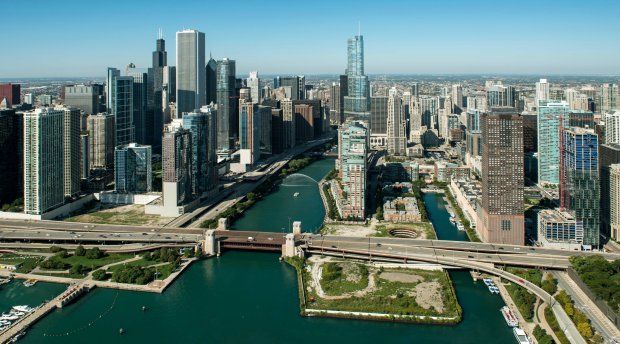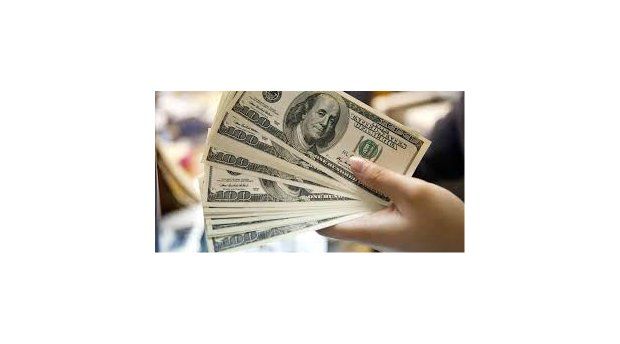China’s Inflation Begins to Cool Down
Post Views 0With all signs pointing to China’s inflation easing further, Premier Wen Jiambaomore now has more room to loosen fiscal and monetary policies as the economy cools.
China’s logistics federation and the statistics bureau said yesterday that in October, an index of manufacturers’ input costs dropped the most that they have in 17 months. To prove the point that there is a definite decline, a survey by HSBC Holdings Plc and Markit Economics was held.
China’s central bank has paused their work as officials assess the risk that the Group of 20 leaders meeting this will will fail to contain the crisis at hand. Zhu Jianfang says that inflation might moderate to below 5% in November and December of 2011, compared with the three-year high of 6.5% that was recorded in July of this year. This is the most accurate forecast of the numbers in Bloomberg News surveys over the past two years.
”Food and global oil prices have peaked and that means inflation will fail,’ Zhu, a Beijing-based economist for Citic Securities Co. Ltd. says. ”The decline will leave more room for policy easing such a looser credit to help sustain growth.” October’s inflation rate, which is said to be reported sometime next week, may or may not be 5.3% or 5.4%, says Zhu Jianfang.
Compared with a 6.1% gain in the month of September, there was a 5.5% increase in consumer prices from a year earlier. The statistics bureau said in a commentary yesterday that falling global commodity costs and government policies to stabilize prices have eased inflation pressures.
Daiwa Capital Markets said in a note after yesterday’s data, that China’s manufacturing may be on the verge of a serious ”major slowdown” as the orders weaken. After Greek Prime Minister George Papandreou said a financial rescue plan for his nation would be put to a vote by the citizens, the threat from Europe’s crisis was highlighted as global equities sank.
Asian stocks took a major tumble today as the Shanghai Composite Index fell 1 percent as of 9:46 a.m. local time. ”Greece’s referendum has put Europe’s bailout plan in jeopardy and the sovereign debt problem will continue to haunt the global markets,” Wei Wei, an analyst at West China Securities Co. in Shanghai, said.
Even though its much less than any of the 16 economists estimated, the federation’s purchasing 
The bank has said in a statement that HSBC’s manufacturing gauge, which has a much different sample than the government’s measure, rose from 49.9 to 51, with the purchase-price inflation easing ”sharply” into a four-month low.
Economic policies will be ”fine tuned” as needed and the industry ministry said it’s studying ”simulative policies” for smaller companies as the global slowdown threatens growth, says Premier Wen. The logistics federation’s measure of export orders showed a contraction for the month of October.
China's Inflation Begins to Cool Down by Harrison Barnes


 Atlanta’s Top Telecom, Cell Phone, and Electronics Manufacturers
Atlanta’s Top Telecom, Cell Phone, and Electronics Manufacturers  Chicago’s Top Tech Companies
Chicago’s Top Tech Companies  Expected Changes in 2016 to the Workplace
Expected Changes in 2016 to the Workplace  US Dollar Gaining Momentum
US Dollar Gaining Momentum  2006-2015 Median Weekly Earnings of Full-Time Workers in the United States
2006-2015 Median Weekly Earnings of Full-Time Workers in the United States